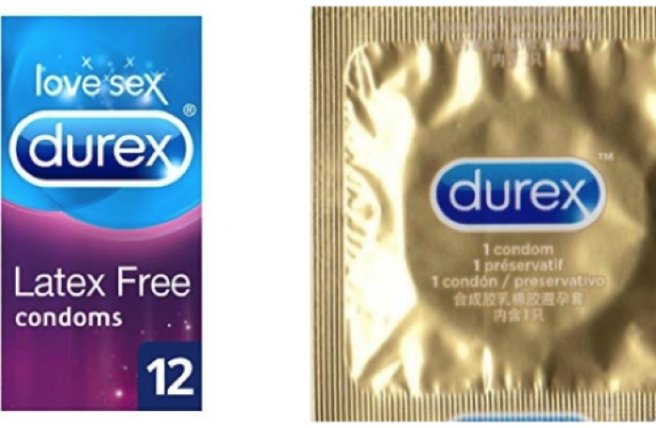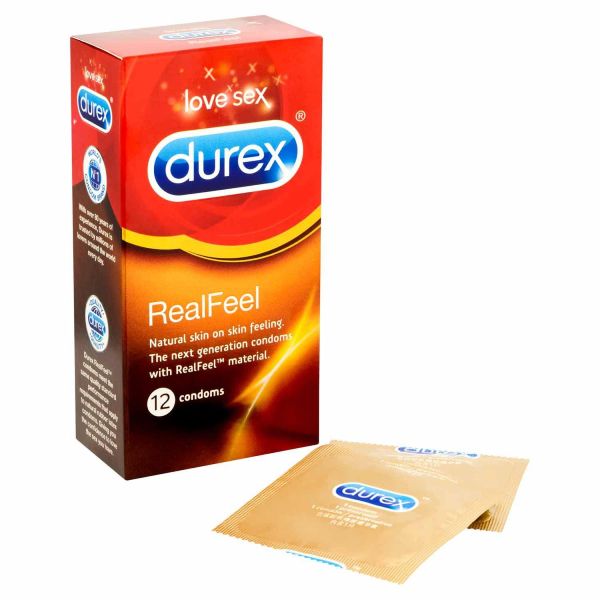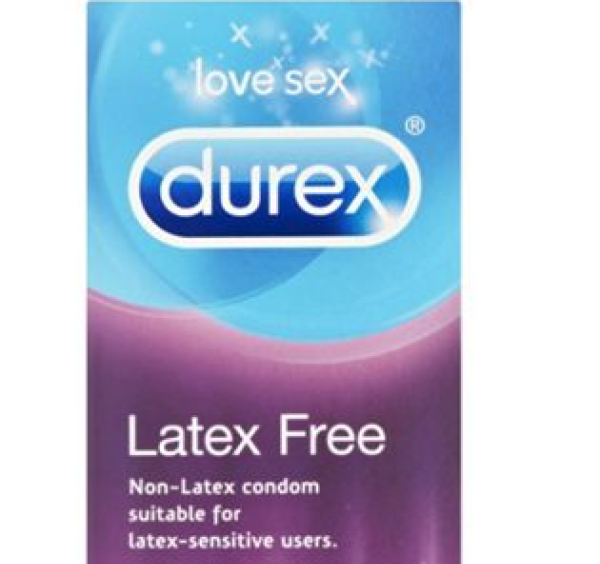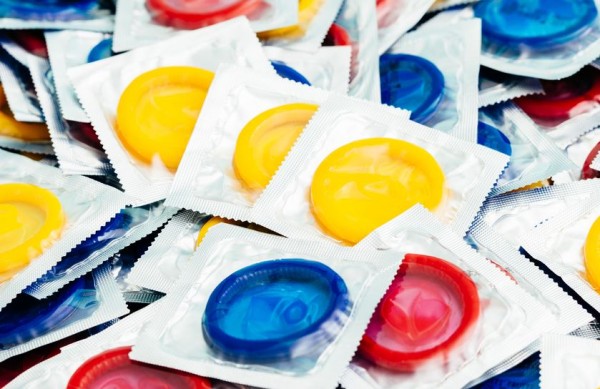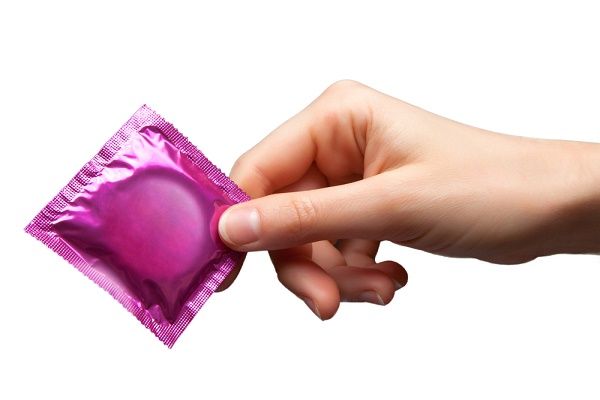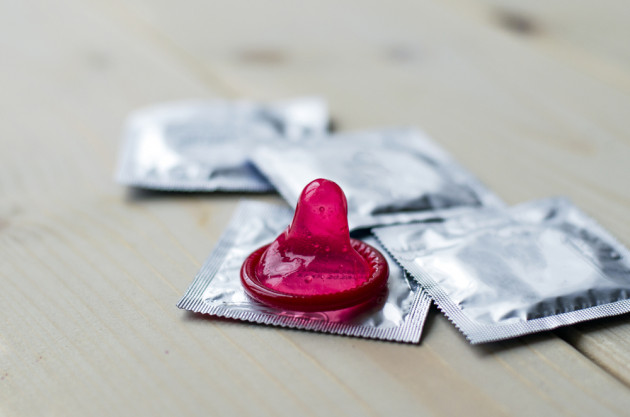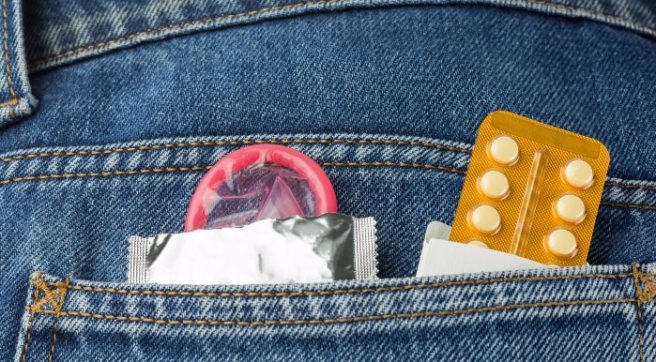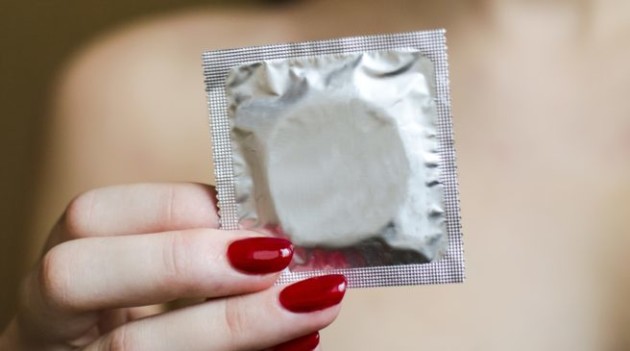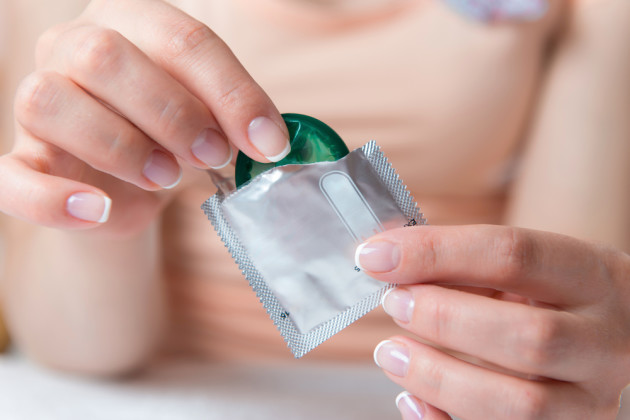
THIS is how much sex we are having and you’ll be SHOCKED
At our age, we are poorly attempting to juggle a career, a social life and self-care.
Honestly, it can be exhausting.
So it's little surprise that when it comes to getting our freak-on – we would rather watch Netflix without the chill.

It seems that our perception of this is skewed, according to this research.
The BBC asked people in Britain and US how much sex they think people between the ages of 18-29 were having.
The results were in and to be honest, we are kinda shook – they're wild.

The average guess were that young men in both countries were getting down and dirty 14 times in a month.
Sorry lads – but it couldn't be further from the truth – it was actually just five times in Britain and four in the US, says surveys on sexual behaviour.
But wait, it gets better.
It's our turn ladies and supposedly Brits think we are getting our bit 22 times a month, while Americans think it is 23 times.

Now, let's crunch the numbers properly.
This means we would be having sex EVERY weekday.
PLUS, doubling or tripling up on special occasions.
Immediately, our first thought is how on earth do we find the time?
I call it a success when I manage to get three square meals in, never mind trying to squeeze a daily sexy session in.

Here is where I will burst the bubble, in reality women our age are having sex five times in four weeks. – That sounds a tad more accurate.
But, why are the misconceptions around how much sex we are having, so big?
Well, people white lie for various reasons around their sex life.
Judgement remains high and societal norms surrounding gender and sex are prominent.

This was evident when in the same survey the BBC asked three different nations how many sexual partners they had notched up, by the time they reached the ages 45 to 54.
Guesses for males were scarily accurate, in Britain and Australia the average was 17, and in the US, 19. – Most participates guessed these correctly.
However, when it came to questions around sexual behaviour in female and males – eyebrows were raised and perhaps lies were told.
Women reported much lower sexual experiences than their male counterparts, even saying that they've had half of the sexual partners in comparison to men.

However, there's a problem statistically – the amount of sexual partners for both genders should somewhat match.
Since both men and women are saying they're having sexual relations and they make up roughly the same amount of the heterosexual population – it would be impossible for women to have half the partners of men.
But time and time again, this is a common finding in surveys, amongst our friends and depending on the circumstance – some of us have even tweaked our number.

This survey goes to show that perception has a seriously powerful influence on society.
Our age group probably needs to get laid a little bit more.
And gals – you aren't defined by a number so own your experiences and don't be shy about your sexual partners.
And if you're friends are bragging about the amount of sex they're having – you can presume that they're fibbing.

















